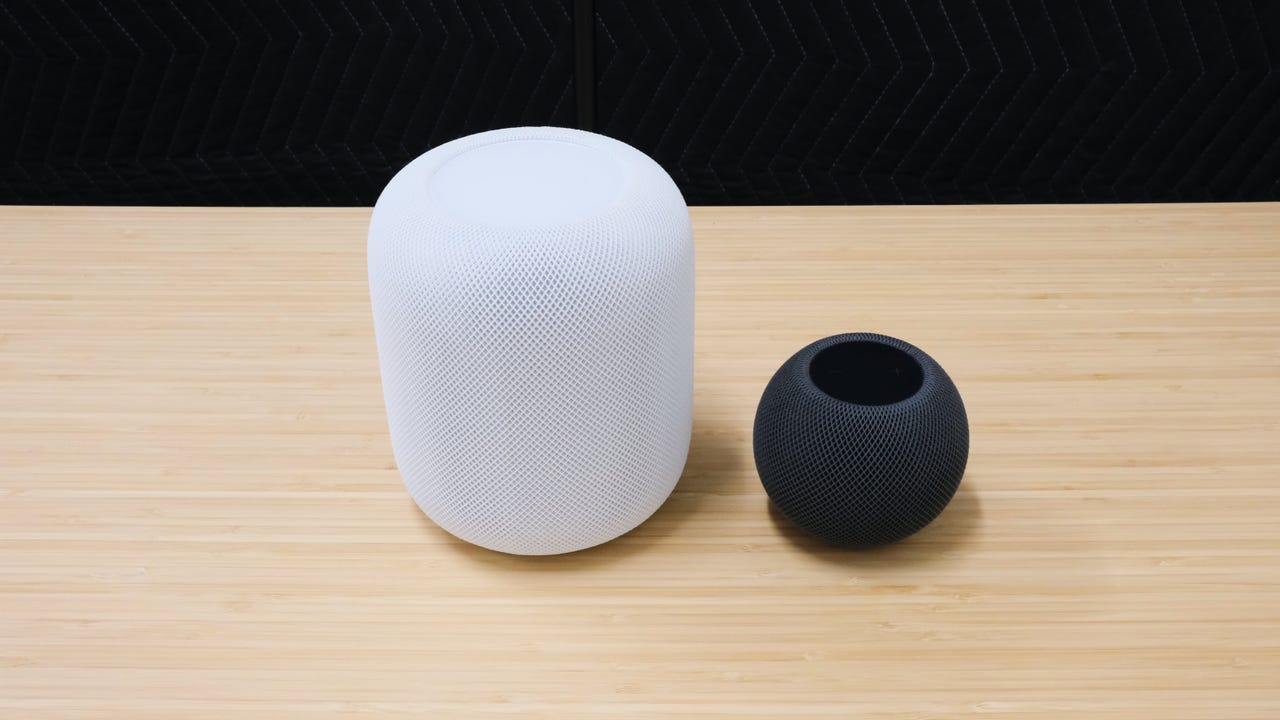'ZDNET Recommends': What exactly does it mean?
ZDNET's recommendations are based on many hours of testing, research, and comparison shopping. We gather data from the best available sources, including vendor and retailer listings as well as other relevant and independent reviews sites. And we pore over customer reviews to find out what matters to real people who already own and use the products and services we’re assessing.
When you click through from our site to a retailer and buy a product or service, we may earn affiliate commissions. This helps support our work, but does not affect what we cover or how, and it does not affect the price you pay. Neither ZDNET nor the author are compensated for these independent reviews. Indeed, we follow strict guidelines that ensure our editorial content is never influenced by advertisers.
ZDNET's editorial team writes on behalf of you, our reader. Our goal is to deliver the most accurate information and the most knowledgeable advice possible in order to help you make smarter buying decisions on tech gear and a wide array of products and services. Our editors thoroughly review and fact-check every article to ensure that our content meets the highest standards. If we have made an error or published misleading information, we will correct or clarify the article. If you see inaccuracies in our content, please report the mistake via this form.
Your HomePod can now alert you if your smoke alarm is going off

If you've got a HomeKit smart home, you can put off buying smart smoke detectors: The HomePod and HomePod Mini can now listen for and recognize the sounds of smoke and CO alarms in your home and send your iPhone a real-time notification.
A HomePod or HomePod Mini isn't a substitute for a smoke alarm, however, and this feature shouldn't be relied upon in cases of emergency or where the loss of life is possible.
Also: HomePod vs HomePod Mini: Do you go big or small with Apple's smart speakers?
This software update upgrades the smart speakers to double as listener devices, specifically programmed to recognize the sound of the existing smoke and carbon monoxide alarms when they are triggered.
How to enable Sound Recognition on the Home app
What you'll need: The sound recognition feature requires the updated Home architecture for all Apple devices that access the Home app to run the latest software.
1. Go to the Home app
On your iPhone, go to the Apple Home app and open it to access your smart home settings.
Open the Apple Home app.
2. Select the HomePod in your Home
Find the HomePod in the Home app from your list of devices.
Find the HomePod to access its settings.
3. Scroll down to the Settings
After you tap on the HomePod in the Home app, scroll down to access the device's settings.
4. Find Sound Recognition
Once again, scroll down the HomePod settings until you find the option for Sound Recognition.
Also: How to add your HomePod to the Home app and Wi-Fi
The feature should be off. Tap on it to access it.
The Sound Recognition will only appear if all Apple devices are up-to-date.
5. Enable Smoke & CO Alarm
Tap on the toggle to enable Smoke & CO Alarm.
After you tap on Sound Recognition, you'll be able to enable it.
6. Select the HomePod to apply the setting
After you toggle on the Smoke & CO Alarm, the list of your HomePod devices will appear, letting you choose which ones you want to listen for these alarm sounds.
Also: The mid-century HomePod Mini tripod stand you didn't know you needed
At this point, your HomePod will begin listening for the sirens from smoke and carbon monoxide detectors nearby to alert you if one goes off.
You can choose to enable Sound Recognition for one HomePod or all, depending on how many you have.
Since the update was just rolled out, Apple has placed a shortcut in the Home app to easily turn on Sound Recognition. You can do this by opening the Home app and clicking on Continue within the alert for New Safety & Security Features. Then, tap Turn On.
The option to turn on Sound Recognition may be available as soon as you open the Home app.
FAQs
What happens if a smoke alarm is triggered near my HomePod?
The HomePod will now work as a listener as well as a smart speaker. So, if a smoke or carbon monoxide detector is triggered, the device will recognize the unique sound of the siren and send you a notification to your iPhone or iPad. Once you receive the notification, you can open it and have the option to listen in through your HomePod to hear what is going on, and even stream the live feed from any compatible cameras nearby.
Also: The Apple products you shouldn't buy this month
This feature doesn't work without a smoke or CO alarm, as the HomePod speakers do not contain smoke or CO detectors. The speakers are only able to listen to the siren nearby and react accordingly.
Does the first-generation HomePod support Sound Recognition?
Both the first-generation and second-generation HomePods should support the Sound Recognition feature, as well as the HomePod Mini.
Is the Sound Recognition feature free?
For all of Apple's HomePod devices, the Smoke & CO alarm sound recognition feature is completely free, simply an added update to the existing smart speakers' interface. Having the convenience of getting a real-time alert if one of these alarms is triggered while you're out is something people look for when selecting smart smoke detectors.
There are competitors that have their own versions of smoke and CO alarm listeners with a monthly fee, like one from Ring Alarm, which works with a Ring Protect subscription, and Amazon's Echo speakers, which can be enabled with an Alexa Guard Plus plan.
